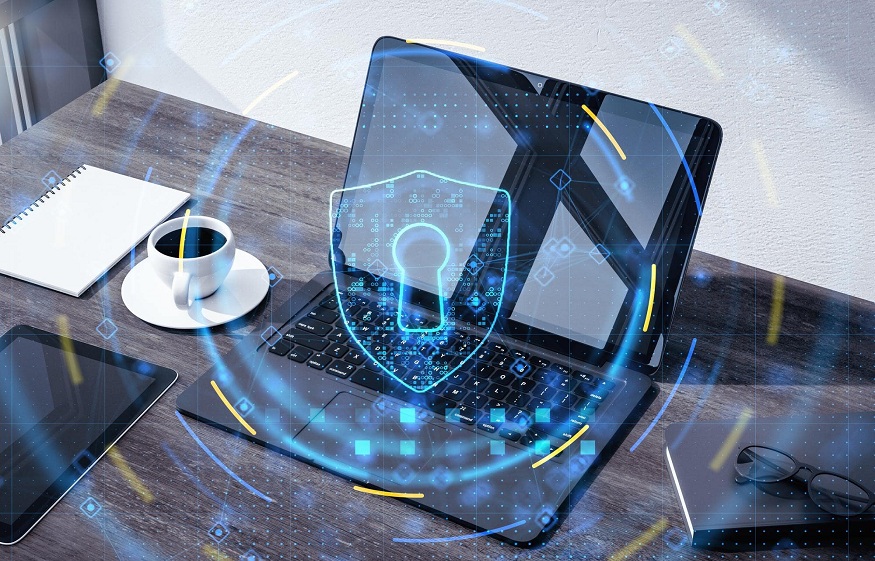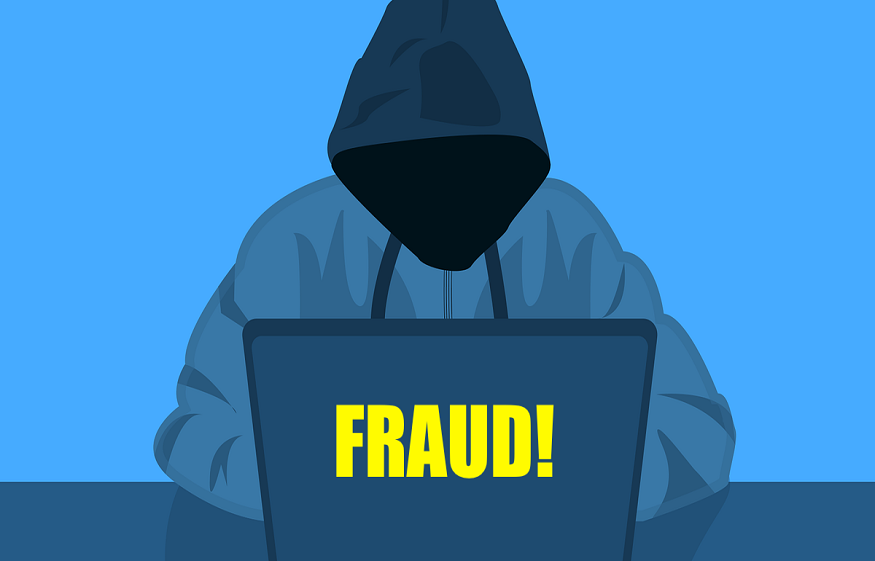Surveillance has become an integral part of modern society, enabling governments and agencies to maintain social control, prevent criminal activities, and monitor potential threats. Advancements in technology have ushered in a new era of surveillance, where high-speed computers, biometric software, and comprehensive laws empower authorities with unprecedented monitoring capabilities. However, this growing surveillance apparatus has also sparked concerns among civil rights and privacy groups, fearing the emergence of a mass surveillance society that may impinge upon personal freedoms. Let’s more about the topic.
The Era of Network Surveillance
Network surveillance, a predominant form of modern surveillance, revolves around monitoring personal data and internet traffic. Legislation like the Communications Assistance For Law Enforcement Act mandates real-time monitoring of phone calls and broadband internet traffic by federal law enforcement agencies in the United States. Packet capture technology intercepts data traffic, filtering and analyzing it for crucial information. However, the sheer volume of data has necessitated the development of automated surveillance computers that target relevant information based on specific criteria. Despite the potential advantages of improved communication platforms like Web 2.0, concerns arise over the mass self-surveillance culture such systems may foster.
Corporate Surveillance: Balancing Business Needs and Employee Privacy
Corporate surveillance has become prevalent, primarily for marketing purposes, business intelligence, and safeguarding company assets. Monitoring employee activity can curb unproductive behavior and ensure adherence to company policies. However, the fine line between protecting assets and invading employee privacy must be carefully navigated. Data collected from social networks and web browsing habits are used to tailor targeted advertisements, raising ethical concerns over user privacy and data sharing with government agencies. Employers need to understand the laws behind how to monitor activity on computer.
The Impact of Virtual Assistants on Privacy
Virtual assistants like Amazon’s Alexa and Apple’s Siri have seamlessly integrated into our lives, providing convenience and efficiency. Yet, concerns about privacy arise, as these devices continuously listen for commands and record snippets of conversations. If integrated with law enforcement, virtual assistants could provide valuable data but could also compromise user privacy significantly. Striking a balance between the benefits of virtual assistants and ensuring privacy rights remains an ongoing challenge. For more information check https://en.wikipedia.org/wiki/Computer_and_network_surveillance
The Intricacies of Malicious Software and Surveillance
Malicious software, such as spyware, computer viruses, and keyloggers, poses a significant threat to privacy. These programs can monitor and transmit data from a computer without the user’s knowledge. Remote installation through computer viruses or trojans and physical placement of surveillance software create vulnerabilities that need to be addressed.
Social Network Analysis for National Security
Government agencies are heavily investing in social network analysis to combat decentralized threats effectively. The analysis aims to identify key nodes in networks to neutralize potential dangers. However, the indiscriminate collection of data on both innocent civilians and potential terrorists raises ethical questions about the invasion of privacy.
The Debate Surrounding Policeware and Govware
Policeware and govware, government-made or used spyware, have faced criticism due to potential misuse and invasions of privacy. Initiatives like Carnivore and Magic Lantern for email monitoring, CIPAV as spyware/trojan, and the Clipper Chip, a controversial encryption chip, have raised concerns over digital privacy and the specter of “Big Brother” surveillance.
The Interplay Between Security and Privacy
The coexistence of security and privacy in the digital age poses a challenging dilemma. Striking the right balance is crucial to protect citizens from threats while preserving individual liberties. Legislation such as the Electronic Communications Privacy Act in California seeks to safeguard privacy, but questions remain about the extent of data access for law enforcement.
Conclusion
Surveillance has become a pervasive aspect of modern life, with both advantages and drawbacks. While it enables governments to combat crime and maintain social order, the potential erosion of privacy has raised significant concerns. As technology continues to advance, the delicate balance between security and privacy remains a pressing issue. Striking this balance requires thoughtful legislation, ethical considerations, and open discussions among governments, civil rights groups, and citizens to ensure a society that values both security and personal freedoms.




